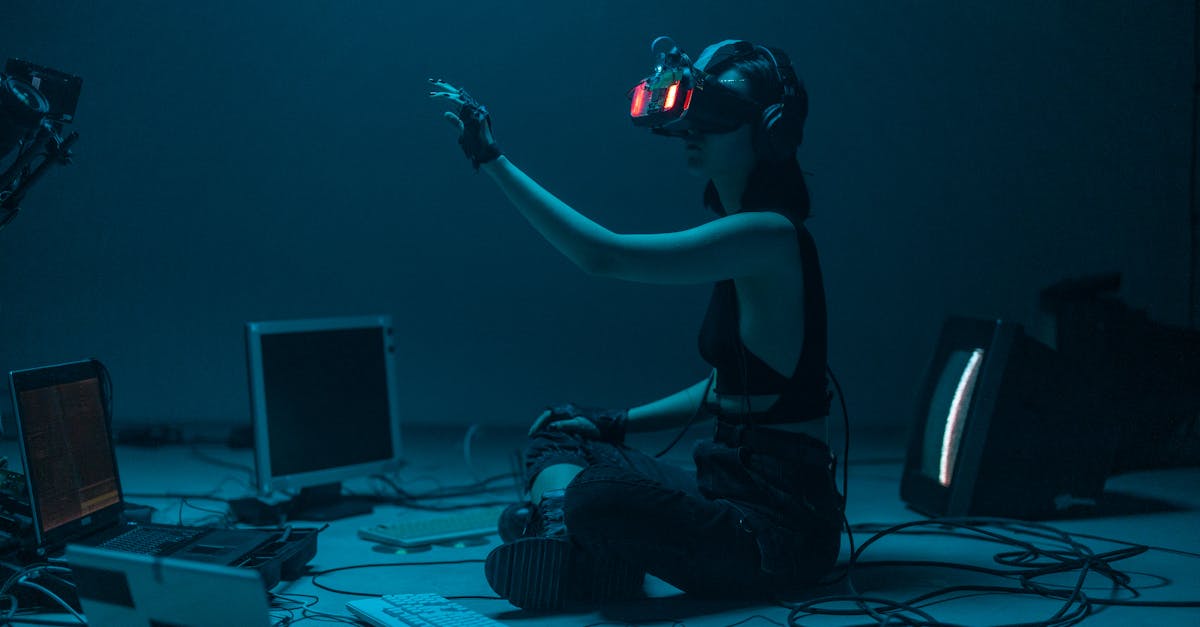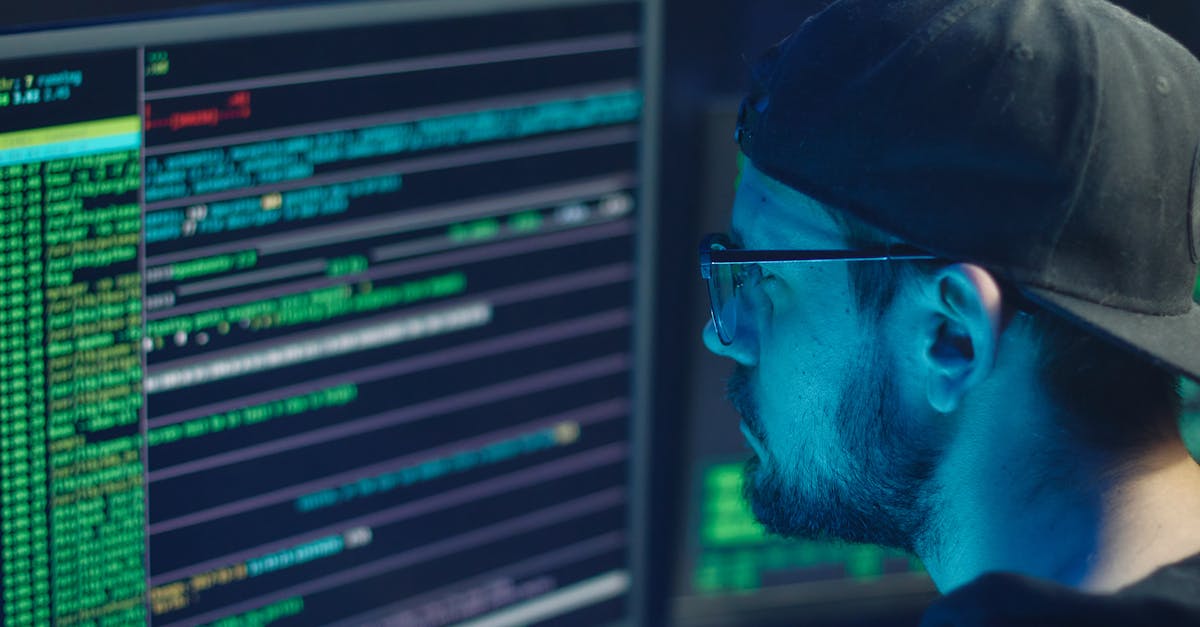Exploring The Metaverse What is Next for Virtual Reality
Introduction
The metaverse is transforming the landscape of virtual reality (VR), creating immersive digital experiences like never before. As technology evolves, it reshapes how we interact, work, and play in these virtual spaces. But what lies ahead for the metaverse and VR development?
Advertisement
Unveiling the Metaverse
The metaverse encompasses interconnected virtual worlds that extend beyond a singular VR experience. It is a shared virtual space fostered by the convergence of virtually enhanced physical reality and physically persistent virtual reality. Industries such as gaming, entertainment, and business are rapidly exploring its potential.
Advertisement
Technological Advancements
Recent advancements in technology are pivotal for the metaverse's expansion. Innovations in VR headsets, graphical processing power, and artificial intelligence are enhancing the user experience. This progress promises more realistic environments and a seamless integration between physical and digital realities.
Advertisement
Cross-Industry Collaboration
Collaboration between tech companies, creatives, and brands is crucial in shaping the metaverse. Various industries are pooling resources and expertise to create interoperable spaces. This fusion seeks to allow users to move freely between different VR environments while maintaining a cohesive experience.
Advertisement
A New Economic Frontier
The metaverse is not just about entertainment; it's emerging as a lucrative economic sector. From virtual real estate transactions to digital art trading and engaging marketing campaigns, this new frontier promises financial opportunities for businesses and individuals alike.
Advertisement
Social Interaction Revolution
Virtual reality is redefining how people interact socially, bridging geographical barriers. Virtual meetings, social gatherings, and collaborative experiences provide new avenues for connection and exchange. The metaverse could become a central hub for socializing in the coming years.
Advertisement
Challenges to Overcome
Despite its potential, the metaverse faces several challenges. Privacy concerns, data ownership issues, and the digital divide must be addressed for widespread adoption. Additionally, ensuring accessibility and inclusivity requires strategic planning and implementation.
Advertisement
Ethical Considerations
As the metaverse grows, ethical considerations become more prominent. Questions around user consent, virtual harassment, and the psychological effects of extended VR exposure warrant careful scrutiny. Establishing guidelines and regulatory policies will be essential for a safe and inclusive digital environment.
Advertisement
Future Prospects
The future of virtual reality and the metaverse looks promising, with ongoing research driving new discoveries and capabilities. As VR technology continues to mature, it will pave the way for enriched experiences, broadening societal applications and enriching daily life.
Advertisement
Conclusion
In summary, the metaverse signifies a transformational period for virtual reality, blending technology, innovation, and creativity. By addressing the existing challenges, we can harness its full potential, making digital interactions more immersive and interconnected than ever before. The journey into the metaverse is just beginning, and its horizons are indeed exciting.
Advertisement


